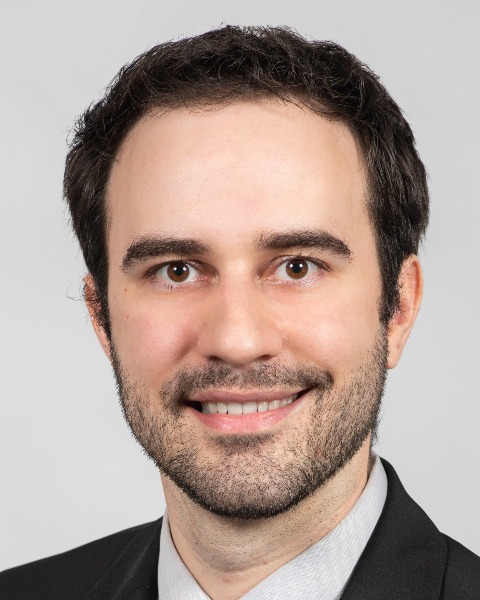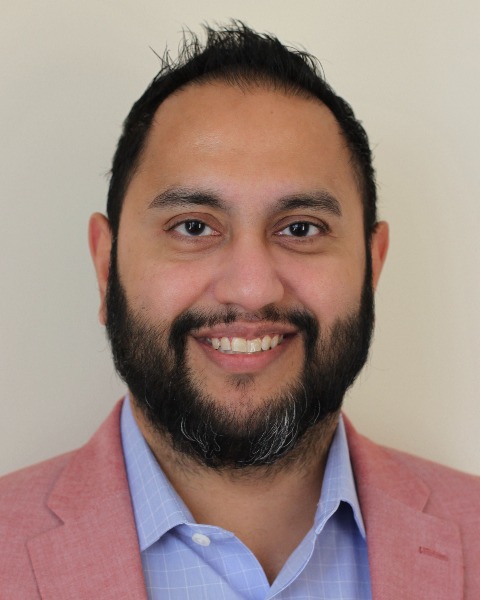SIR 2025
General IR
Traditional Poster
34 - Survey of IR Trainees Shows Shifting Preferences in their Ideal Future Practice

William Bird, MD
Resident Physician
Rochester General Hospital, United States- NM
Nicholaus Monsma, MD
Faculty
Carilion Clinic, United States - SS
Swar Shah, MD
Faculty
American Radiology Associates / Baylor University Medical Center, United States 
Raj Pyne, MD, FSIR
Interventional Radiology
Rochester Regional Health, United States
Poster Presenter(s)
Author/Co-author(s)
To assess perceptions of the field of IR and future career preferences among IR trainees in the year 2023 compared to 2020.
Materials and Methods:
A 25-question electronic survey was distributed to SIR in-training members including medical students and residents in 2023. Questions were focused on perception of challenges they believe the field is facing and individual preferences for their ideal future IR careers. 24 of these questions were identical to a prior survey distributed in 2020. Statistical tests of significance including chi squared and one-way ANOVA tests compared responses from 2023 to 2020.
Results:
159 valid responses were obtained. Compared to 2020, respondents of the 2023 survey more likely preferred to not complete an additional 1 year of subspecialty IR fellowship after residency (p=0.08), preferred to not take an IR job that required them investing a few years building a practice (p=0.04), preferred to not have admitting privileges in their ideal future practice (p=0.07), preferred to not perform interventional stroke care (p=0.04), and ranked “potential for burnout” higher on a list of challenges facing the field of IR right now (p=0.02). 2023 senior residents were more likely to wish they had greater exposure/experience in DR skills prior to starting practice (p=0.02), and were more worried about their DR skills atrophying over time (p=0.08). When asked the main reason for having interest in reading DR in addition to their future IR practice, the highest response was “I do not want to lose a skill that I spent years learning in residency and may want to utilize (or even transition to fully) later in my career.”
Conclusion:
More trainees are looking to get directly to work after residency, without fellowship and without needing to invest years building a practice. Fewer trainees seek jobs with admitting privileges or stroke care. And more cite burnout as a potential concern. It is possible that training fatigue during the 2020 Covid pandemic could have played a role in these shifting opinions over this time period, or downstream consequences of it. Particularly, seniors also voiced greater concern about not having enough DR experience or worrying more about their DR skills eroding over time. This could relate to similar concerns about burnout in clinical IR jobs and wishing to have a non-patient-interacting career option available to them as they go forwards.


.jpg)